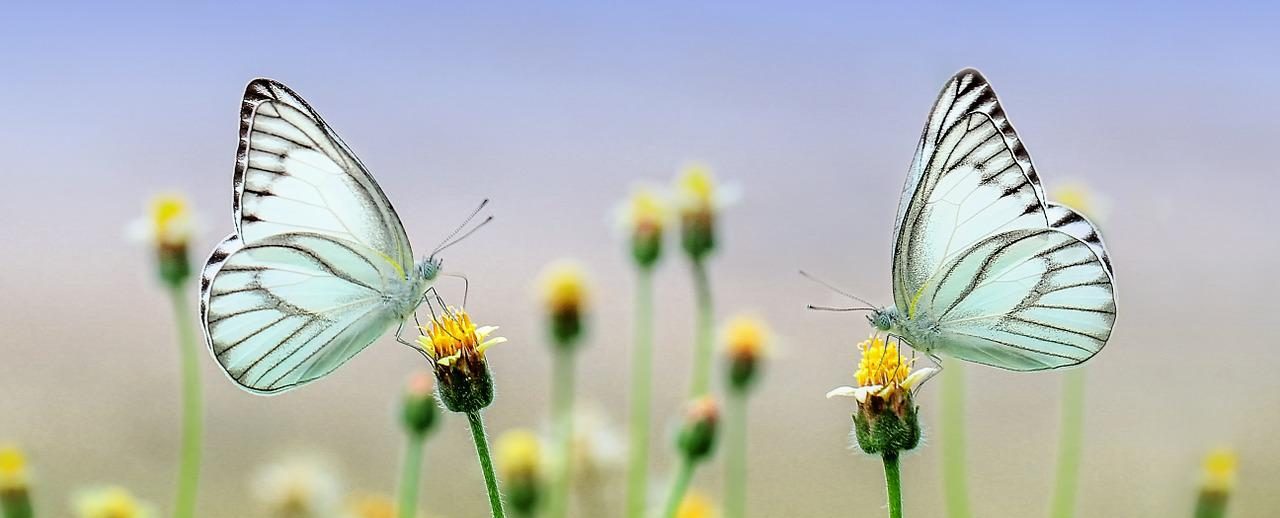Nature

Spending time in nature and natural environments such as parks, beaches, and trails has been linked to improved wellbeing. White et al. (2020) found that spending at least 120 minutes a week in nature is associated with good health and wellbeing. Weekly time outdoors is positively associated with both wellbeing and life satisfaction. (Rowney et al, 2020). Being around green spaces whether sitting or walking can also increase your levels of vitamin D as well as decrease stress levels.
Nature in your daily routine
Being outdoors in nature, or even viewing scenes of nature, reduces anger, fear, and stress and increases pleasant feelings. Exposure to nature not only makes you feel better emotionally, it can also contribute to your physical wellbeing, reducing blood pressure, heart rate, muscle tension, and the production of stress hormones.
Ground Yourself by Connecting with the Earth
Find a quiet space in your backyard or a nearby neighborhood park, and begin by just relaxing and taking some slower breaths. Scan the area around you and begin to notice everything from the grass, plants, and trees to the sky, clouds, and birds
Listen to the Sounds of Nature
Next time you find yourself outdoors, stop and take a moment to do some focused listening. Simply relax and take in whatever sounds are happening around you. Try focusing your attention on the sounds that are farthest away from you, then focus on the sounds that are the closest to you. Can you hear the sounds of your own breathing, too?
Get Into Gardening
Working in the garden can also release happy hormones like serotonin and dopamine.
“Gardening can act as a gentle reminder to us that we are not the center of the universe…Focusing on the great outdoors — even in the pared-down form of a patio — can encourage us to be less insular.”
(Sarah Rayner, Psychology Today)
Reflection Exercise
How to complete this activity and save your work: type your reflective responses to the questions in the boxes below. When you’re done reflecting on the questions, navigate to the export page to download and save your response. If you prefer to work in a Word document offline, you can skip to the export section and download a Word document of the reflection here.

